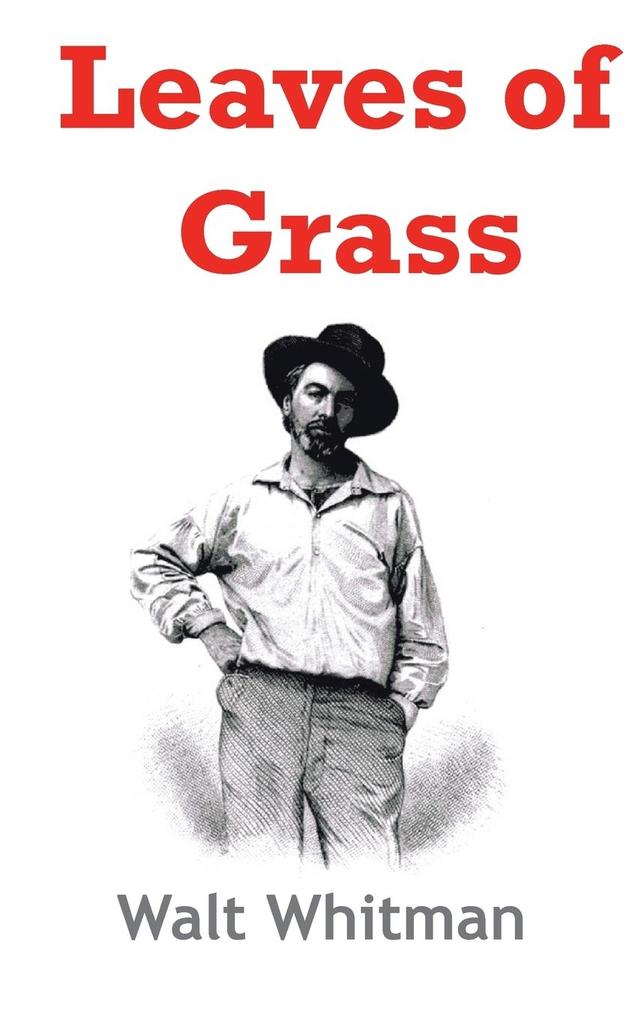
Zustellung: Mi, 04.12. - Sa, 07.12.
Versand in 1-2 Wochen
VersandkostenfreiBestellen & in Filiale abholen:
This book is notable for its discussion of delight in sensual pleasures during a time when such candid displays were considered immoral. Where much previous poetry, especially English, relied on symbolism, allegory, and meditation on the religious and spiritual, Leaves of Grass (particularly the first edition) exalted the body and the material world. Influenced by Ralph Waldo Emerson and the Transcendentalist movement, itself an offshoot of Romanticism, Whitman's poetry praises nature and the individual human's role in it. However, much like Emerson, Whitman does not diminish the role of the mind or the spirit; rather, he elevates the human form and the human mind, deeming both worthy of poetic praise.
Leaves of Grass has its genesis in an essay called The Poet by Ralph Waldo Emerson, published in 1844, which expressed the need for the United States to have its own new and unique poet to write about the new country's virtues and vices. Whitman, reading the essay, consciously set out to answer Emerson's call as he began work on the first edition of Leaves of Grass.
Leaves of Grass has its genesis in an essay called The Poet by Ralph Waldo Emerson, published in 1844, which expressed the need for the United States to have its own new and unique poet to write about the new country's virtues and vices. Whitman, reading the essay, consciously set out to answer Emerson's call as he began work on the first edition of Leaves of Grass.
Mehr aus dieser Reihe
Produktdetails
Erscheinungsdatum
21. August 2013
Sprache
englisch
Seitenanzahl
460
Reihe
Dover Thrift Editions: Poetry
Autor/Autorin
Walt Whitman
Verlag/Hersteller
Produktart
gebunden
Gewicht
894 g
Größe (L/B/H)
235/157/31 mm
Sonstiges
HC gerader Rücken kaschiert
ISBN
9781936690978
Entdecken Sie mehr
Bewertungen
LovelyBooks-Bewertung am 10.12.2016
Wunderschön!


















